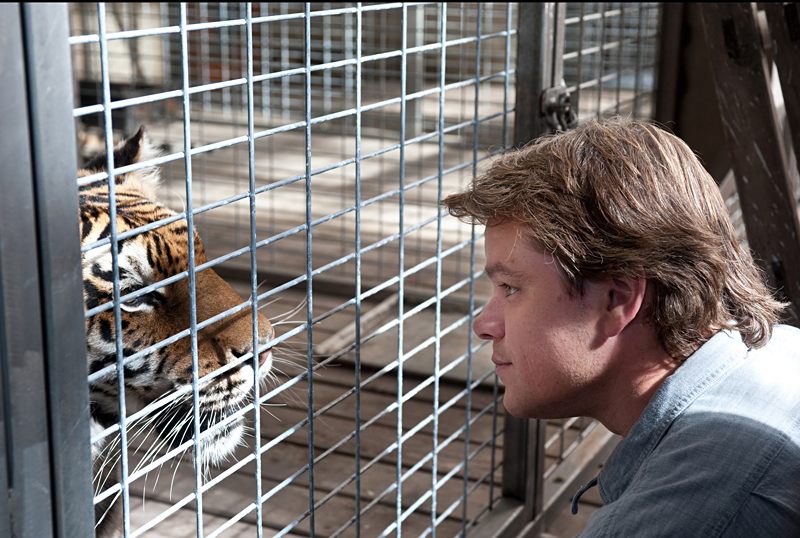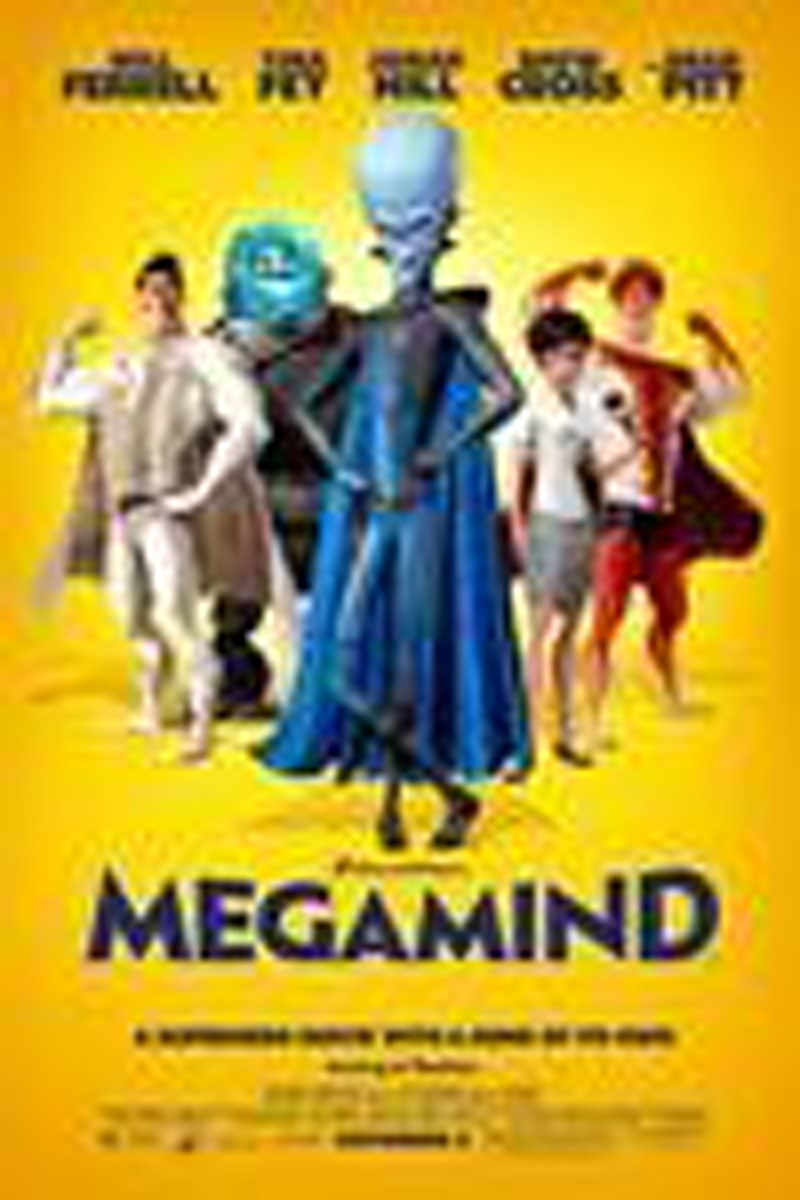It took Norman Mailer seven years and 1,282 pages to write 1991’s Harlot’s Ghost: A Novel of the CIA, and if memory serves, it took me 12 years to actually finish it. So director Robert De Niro and screenwriter Eric Roth can be forgiven for taking two hours and 40 minutes to tell The Good Shepherd (aka A Movie of the CIA)—but then why does it feel so empty? As long as it is, Shepherd speeds through its leading man’s life, cramming in 30 years without elaborating on any of them. The fictional story here is about Edward Wilson (Matt Damon), a CIA agent tied to the failed Bay of Pigs invasion. Wilson’s involvement in the spy business dates back to his days studying poetry at Yale, where he was indoctrinated into the world of deceit through Skull and Bones. Then he’s off to fight World War II as an agent in the Office of Strategic Services, then it’s the Cold War, and then and then and then.
The Good Shepherd needed to be either considerably longer—more like 1979’s Tinker, Tailor, Soldier, Spy miniseries—or considerably shorter (word has it De Niro cut 30 minutes). Right now, it’s stuck in the deadly dull middle in which everything happens but nothing matters since the filmmakers can’t stick with one event or idea long enough for it to, well, stick.
When first introduced, Wilson is leaving for Cuba with his right-hand man, Ray (John Turturro, who valiantly attempts to breathe life into Damon’s corpse). All, of course, does not go well. There’s been a leak, and Wilson’s boss (William Hurt) suspects that it’s Wilson. Later, we flash back to Yale in the ’30s, where Wilson is splayed nude on a couch, revealing tales to his well-heeled brethren of a suicidal daddy who shamed the family. And not long after that, Wilson’s ratting out a Nazi-sympathizing poetry professor (Michael Gambon) at the request of the FBI. Oh yes, there is time for love, first with a deaf girl played by Tammy Blanchard, and then with Angelina Jolie, who stumbles into the picture as a woman looking to trap the right kind of husband, whom she keeps for no apparent reason at all. (A Damon-Jolie pairing is hardly as sexy as it sounds; indeed, theirs is a glum and clumsy coupling.)
De Niro, who cameos as a secretive military man hobbled by a rotting foot, and Roth, who penned the Munich screenplay hobbled by guilt, intend theirs as a movie about the consequences of keeping secrets in the name of National Security. Shepherd is supposed to be about the breaking of the heart and the gutting of the soul—the hollow nothing left when you’re constantly told to trust no one, not even a wife or a son or the ghost of a dead father who went to his grave burdened by his own furtive follies (played for a few seconds of screen time by Timothy Hutton). Yet to care about how secrets eradicate our humanity, you must first have humans, and Wilson is barely that.
The story should heat up once Wilson is suspected of being a mole, but Roth and De Niro, so eager to show off their meticulous research and shine a bright light onto the world of shadows, have no interest in something as conventional as a whodunit. The closest the movie ever comes to a through line is the story involving a KGB agent nicknamed Ulysses (Oleg Stefan) and Wilson’s grown-up son (Eddie Redmayne), but just when we begin to understand that complex relationship and the movie begins to lurch forward, we’re thrown back into Wilson’s past in a vain attempt to reveal something more about our Deep and Disturbed Man of Great Purpose and Mystery, who has found himself at the center of all this intrigue.
Certainly, the plight of the average man caught up in extraordinary circumstances can work; what else did Alfred Hitchcock have up his sleeve but this one great gag? But De Niro and Roth want so badly to impart the details of the spy trade, to illuminate the entire history of the OSS and CIA, that they trade extraordinary for methodical, as the hush-hush passing of manila folders between characters amounts to little more than tedious busywork. They do succeed at making the spy business appear routine, even mundane. What a feat.








